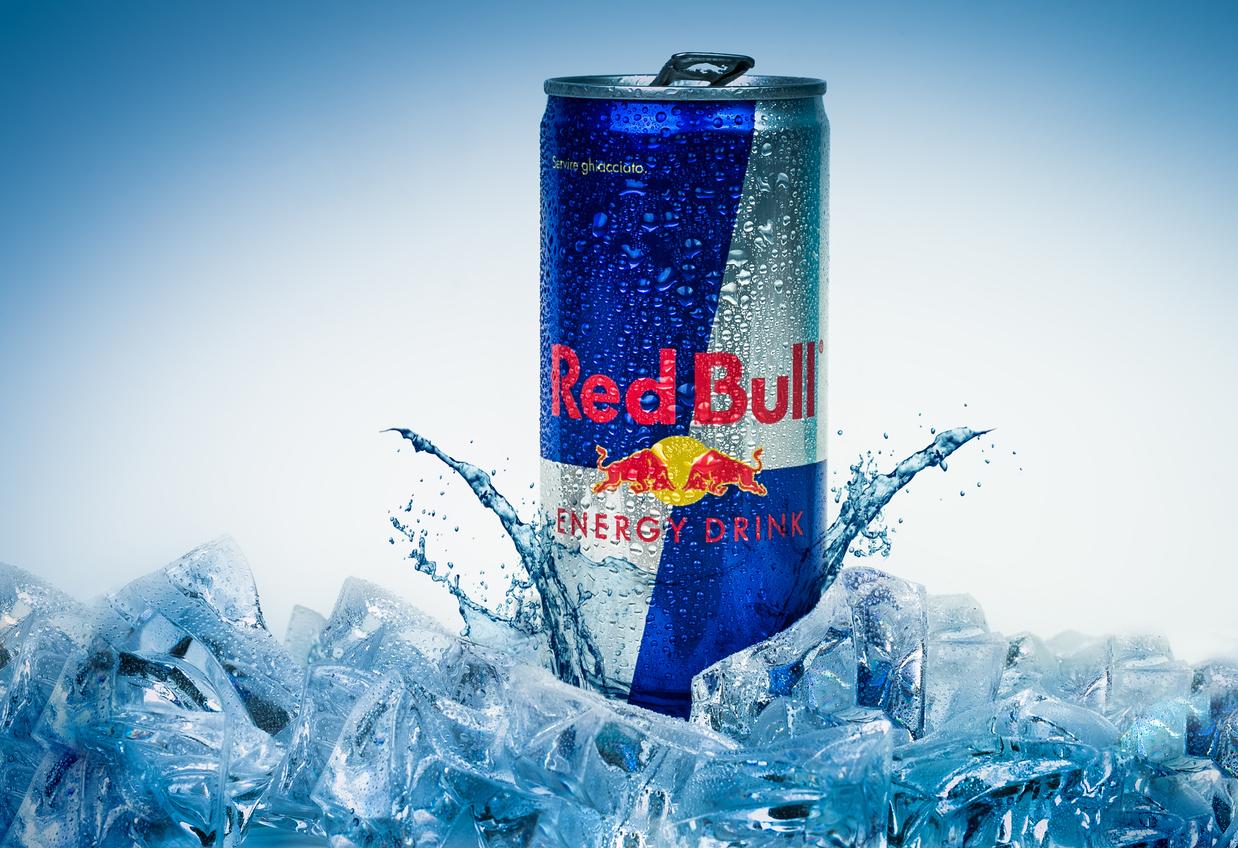Following calls from a number of health experts, dieticians and scientists to ban the sale of energy drinks to minors, it seems as if such requests are not going unheard. Many of Britain’s favourite retailers – namely Asda, Aldi and Waitrose, are now placing an age-restriction policy on the purchasing of such beverages, similar to that regarding the sale of alcohol. This will require proof of ID with purchase, and comes as a result of multiple studies linking the dangerously high levels of caffeine to irritable behaviour in schools- which consequently has a detrimental impact upon the educational outcomes of teenagers who choose to consume energy drinks in their daily lives.



From the 1st March 2018, as the first of the ‘big four’ to undertake this move, Asda, will begin to require identification to prove that customers are over sixteen when purchasing any soft drink with 150mg of caffeine per litre. This move was copied from Waitrose, who instigated the policy, and echoed by well-known budget supermarket Aldi. Brands affected will include Austrian owned Red Bull, as well as their prime competitor- Monster Energy. However, supermarkets will also be compromising their own profits, with most producing their own range of highly caffeinated beverages. With much modern day health research aimed at improving the lives of children and young people, it is no surprise that the cheap, popular and seemingly never ending craze of energy drink consumption amongst teens is now being clamped down on. Many of us will recall seeing, if not purchasing for ourselves a can of this caffeine filled concoction, which has been consistently linked with poor diet and health issues amongst the younger generations, who are less aware of the consequences.

Others have gone further than simply requesting an age limit, and demand that the government ban the sale of these products to all consumers in every supermarket and shop up and down the country. MP Maria Caulfield is at the heart of this movement, and has appealed to PM Theresa May on a number of occasions. Other campaigners advocating the ban on health grounds include renowned TV chef and dietician Jamie Oliver, who places a particular emphasis upon enriching the diets of schoolchildren.

With public institutions now so very aware of the impact that caffeinated products have upon the health of young people and wider society, could we be nearing the end of the road for the long-standing popularity of energy drinks? Or is it simply unrealistic to expect the government to focus on such futile matters, particularly in such a busy political and economic climate? Nevertheless, with large scale corporations now taking matters into their own hands, unless drastic changes to the ingredients of energy drinks are made, the future of these products certainly does not seem overly positive.
Catheryne Fairbairn
Image: [The Independent]

